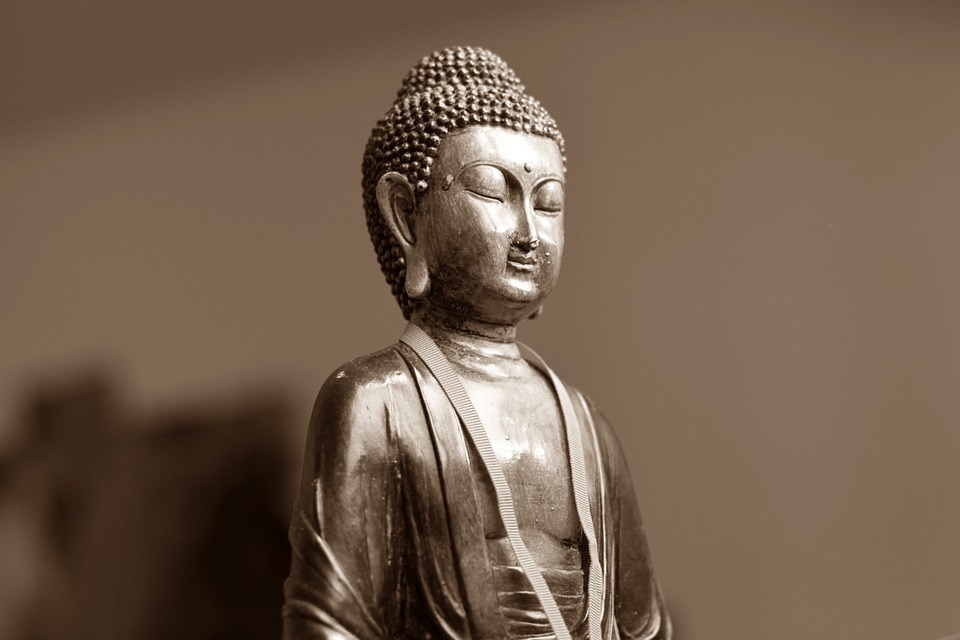Westerners often find it difficult to understand the Eastern way of thinking. Nevertheless, Buddhism remains one of the East’s most popular exports. What is it about Buddhism that, unlike Hinduism, Jainism or Taoism, appeals to so many people in Western societies? Buddhism, which was birthed by Vedantic Hinduism, is no less complex or mysterious than other Eastern traditions. Nor is it easy to achieve the goals of Buddhism.
Buddhism is NOT a religion
One of the interesting things about Buddhism is that generally speaking, it is not really a religion. There is no god, no worship, and no indoctrination. Temples exist primarily as places of solace and reflection, not compulsory sites of worship. From a practical point of view, it is easy for anyone to be an entry-level Buddhist. All the philosophical doctrines expressed in various Buddhist scriptures can be boiled down to several very palatable truths and themes. 
When it comes to Buddhist morality there are really only two things that a person needs to be mindful of: to be compassionate and loving. Any act, whether directed toward friend or foe, human or animal, must be done with unconditional love and compassion. Of course, it takes a lot to be able to do that. Perseverance is not optional for Buddhists.
Compassion doesn’t come easily, and neither does unconditional love, mainly because both require selflessness, lack of pride, and, of course, detachment.
Buddhist scriptures provide devices meant to aid practitioners in realizing these noble ends
However, these precepts could also be intuited. Gautama Buddha achieved enlightenment all on his own with no teachers or scriptures. And since Buddhahood is something available to anyone willing to walk that path, virtue (and liberation) need not come through the learning of scriptures.





